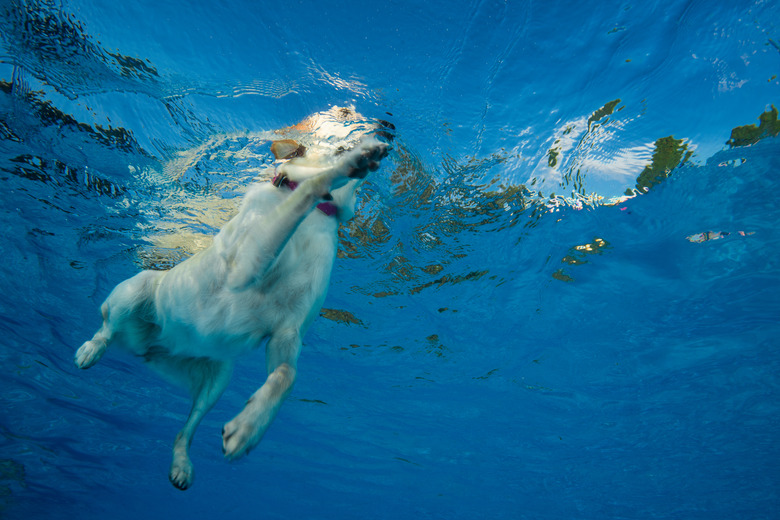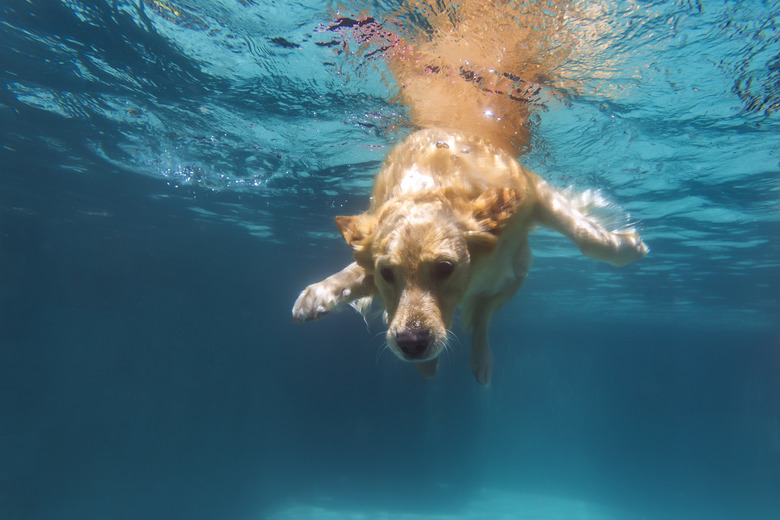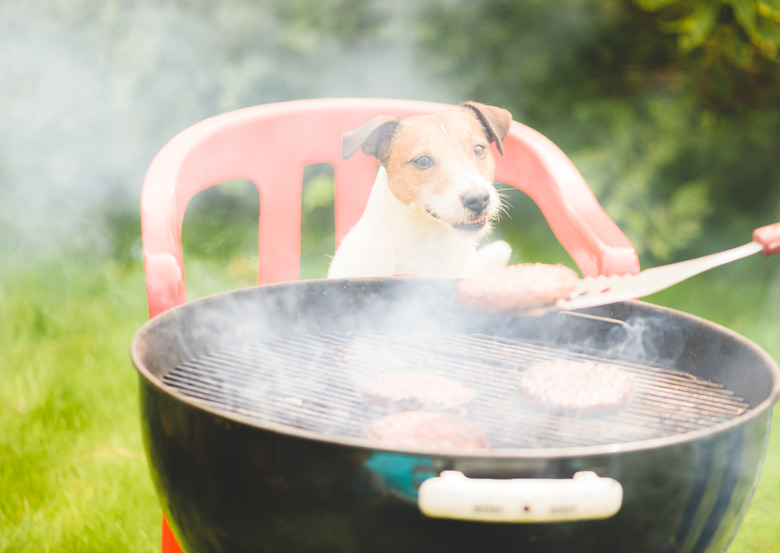Can Dogs Hold Their Breath?
Have you ever looked at your dog while he lays there, panting like he just ran a marathon, when really he's just been lounging around the house all day? Dogs pant for a number of reasons — usually to regulate their body temperature, but sometimes because of pain or illness.
But dogs don't have to pant — or even breath — all the time. Can dogs hold their breath? Yes. Dogs underwater are able to hold their breath while swimming. In fact, studies indicate that dogs and other non-aquatic mammals including humans and some monkeys have the ability to hold their breath.
Can dogs hold their breath by choice?
Can dogs hold their breath by choice?
Since we know that dogs are capable of holding their breath, it's not a huge leap to suggest that they can control it. However, this theory is, unfortunately, almost impossible to test scientifically. There isn't anyway to get animals to hold their breath on cue. For this reason, studies on the subject don't exist, so we don't have a definitive answer.
Do dogs underwater hold their breath?
Do dogs underwater hold their breath?
Since many dogs love to swim — and some breeds are actually bred for it — it stands to reason that they would be able to hold their breath underwater. Otherwise, they would not be strong swimmers. Dogs, like other mammals, have a natural defense built in to help them hold their breath underwater. It's called the mammalian diving response, and it overrides the mammal's most basic functions, like breathing. While the effect is studied the most in large aquatic mammals such as whales and walruses, it's been observed in all vertebrates.
Here's how the mammalian diving response works: When the face is exposed to cold, including cold water, three major changes in the body are triggered that allow the body to tolerate a lower level of oxygen:
- Bradycardia: This the heart rate slowing down.
- Peripheral vasoconstriction: This is a narrowing of blood vessels that reduces the blood flow to limbs and conserves oxygen for the parts of the body that need it most, such as the brain and the heart.
- Blood shift: This is how the body handles the increased pressure of a deep dive, not likely relevant to dogs.
Because of the mammalian diving response, a dog (like other mammals) won't breathe underwater. The mammalian diving response overrides basic reflexes. However, does this mean that dogs know how to hold their breath underwater? Not likely, though it's difficult to conclusively study. Likely, for dogs underwater, not breathing is as natural as breathing is for dogs above water.
Do dogs hold their breath in smoke?
Do dogs hold their breath in smoke?
There are older studies that show that dogs experience apnea (they stop breathing) when they inhale smoke. So, if your dog were in a fire and surrounded by smoke, he would stop inhaling, at least momentarily. Unfortunately, the same study found that the pause in breathing was followed by hyperventilation — which would be very bad in a smoke-filled room.
Dogs might be able to hold their breath — more specifically, they can experience a brief apnea — in smoky or emergency situations, but not for long. Smoke inhalation injuries are common when dogs are exposed to smoke in large or small quantities. Through studies that relates to dogs and breathing we can infer that dogs are at least capable of holding their breath, but probably not in a controlled manner, and it's hard to extend that to what a dog would do underwater or in other conditions.
References
- American Kennel Club: Breeds That Are Born To Swim
- Scientific American: How the Dive Reflex Extends Breath-Holding
- Smithsonian Magazine: What's the Longest You Can Hold Your Breath?
- Physiology Journal: Reflex Control of Breathing Following Inhalation of Cigarette Smoke in conscious dogs
- VCA Canada: Smoke Inhalation in Dogs


